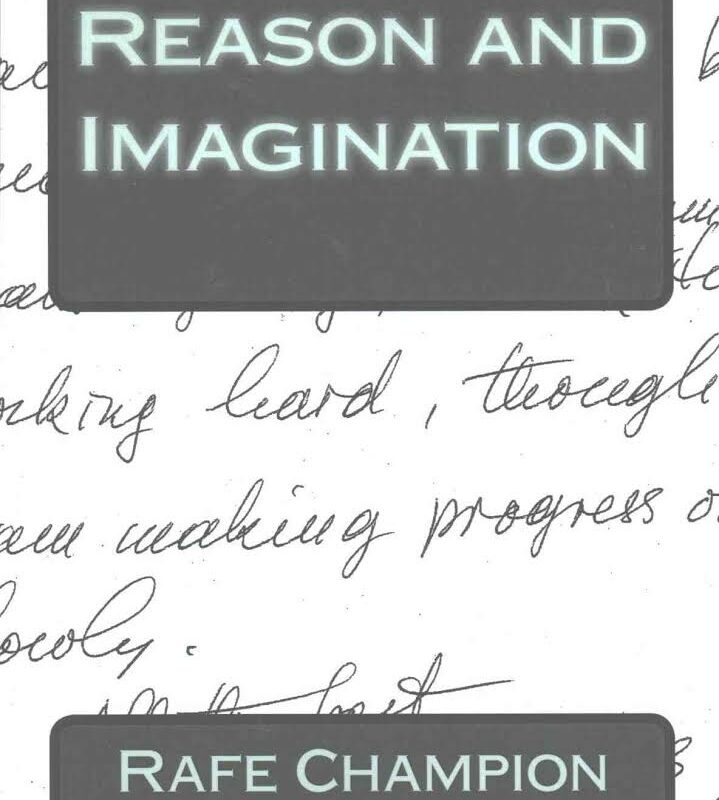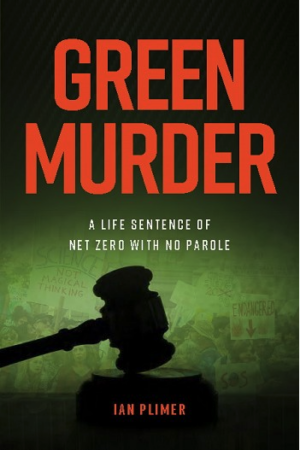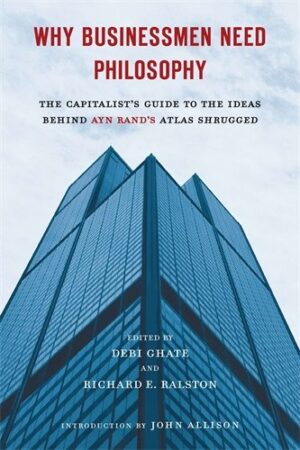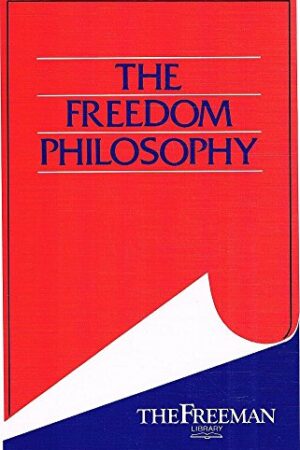Description
This book addresses issues ranging from the philosophy of science to literary criticism and it aims to make them accessible to anyone who is interested, regardless of academic training or qualifications. Philosophy should have something to offer everyone and it should not become the exclusive preserve of specialists. The contents are unified by the thrust to explain how Popper’s ideas, especially the non-authoritarian theory of knowledge, correct various debilitating errors in thinking that are widespread and are actively promulgated by philosophers. He rejected: 1. The justification of knowledge by authority. 2. The theory that knowledge is a form of belief. 3. The analysis of concepts and the meaning of words.1 and 2 may be summarised as the quest for justified beliefs. This quest has been frustrated by the simple fact that such beliefs cannot be found. The reason for this is desperately simple: anyone can persist in demanding further statements to justify the previous statement and there is no logical end point to this process because there are no final authorities.The answer is to settle for a critical preference for a position or a theory that has proved its worth by solving problems (as well or better than the alternatives) and standing up to criticism (as well or better than the alternatives). This has cultural implications and the title Reason and Imagination signals the complementary roles and relationships of reason, imagination, logic, evidence, tradition, inspiration, mathematics and metaphysics. Consequently there is no need for the tensions and antagonisms that flow from partial and narrow views of problem-solving and creativity, whether in science, art, technology or daily life.
Freight is calculated at checkout.




